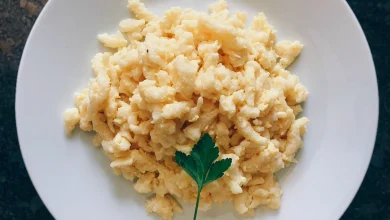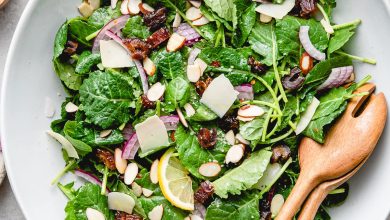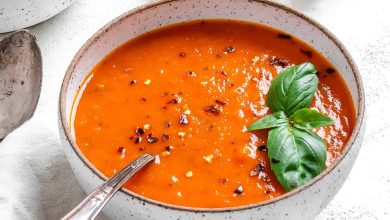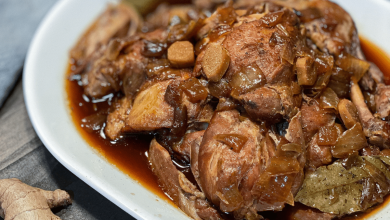🍑 Apricot: A Sweet and Nutritious Fruit! 🍑
What is it?
Apricot (Prunus armeniaca) is a juicy and delicious fruit known for its sweet-tart flavor and vibrant orange color. It belongs to the Prunus genus, which also includes cherries, plums, and almonds. Apricots are often enjoyed fresh, dried, or in various culinary preparations.
Historical Insights:
🕰️ The history of apricots can be traced back to ancient China more than 4,000 years ago. They were introduced to Europe through Armenia, which is why their scientific name includes “armeniaca.” Apricots have a rich cultural history and have been cherished in various cuisines for centuries.
Components:
Apricots are not just tasty; they’re also nutritious! 🌟 Here are their main components:
- Vitamins: Apricots are rich in vitamins A and C, which are essential for skin health and immune function.
- Fiber: They contain dietary fiber, aiding digestion and promoting a feeling of fullness.
- Antioxidants: Apricots are packed with antioxidants like beta-carotene, which help combat oxidative stress.
- Minerals: They provide minerals like potassium and iron, crucial for heart health and oxygen transport in the body.
Steps to Prepare Apricots:
👩🍳 Preparing apricots is a breeze! Here’s how you can do it:
- Wash: Rinse the apricots under cold water to remove any dirt or residue.
- Cut: Slice the apricots in half and remove the pit. You can also slice them into wedges or leave them whole, depending on your preference.
- Eat Fresh: Enjoy them fresh as a healthy snack or add them to fruit salads.
- Cooking: Apricots are versatile and can be used in various dishes. They’re great in pies, jams, sauces, and even savory dishes like chicken apricot tagine.
- Drying: To make dried apricots, cut them in half, remove the pit, and lay them out in the sun or use a food dehydrator until they become leathery.
Preparation Time:
The time needed to prepare apricots varies depending on how you plan to use them:
- Eating fresh: Just a few minutes to wash and slice.
- Cooking: Cooking times vary by recipe but can range from 15 minutes for a quick sauce to several hours for baking in a pie.
- Drying: Drying apricots can take anywhere from 8 to 24 hours, depending on the drying method and thickness of the slices.
In summary, apricots are not only delicious but also a healthy addition to your diet. They have a rich history, are packed with nutrients, and can be enjoyed in various ways, from fresh to dried or in your favorite recipes. The time required for preparation depends on your chosen method of consumption. So go ahead, savor the sweet taste of apricots and boost your health with this delightful fruit! 🍑😊
Certainly! Here are the nutrition facts and health information for apricots:
Nutrition Facts (per 100g of raw apricots):
- Calories: 48 kcal
- Carbohydrates: 11.1g
- Dietary Fiber: 2g
- Sugars: 9.2g
- Protein: 1.4g
- Fat: 0.4g
- Vitamins and Minerals:
- Vitamin A: 1926 IU (38% of the Daily Value, DV)
- Vitamin C: 10mg (17% DV)
- Potassium: 259mg (7% DV)
- Iron: 0.39mg (2% DV)
- Calcium: 13mg (1% DV)
Health Information:
-
Rich in Vitamins: Apricots are an excellent source of vitamin A and a good source of vitamin C. Vitamin A is essential for eye health and immune function, while vitamin C is an antioxidant that supports the immune system.
-
Dietary Fiber: Apricots contain dietary fiber, which aids in digestion and helps maintain a feeling of fullness. It can also help regulate blood sugar levels.
-
Low in Calories: With only 48 calories per 100g, apricots are a low-calorie fruit, making them a healthy choice for weight management.
-
Antioxidants: Apricots are rich in antioxidants, particularly beta-carotene. Antioxidants help protect cells from damage caused by free radicals and may reduce the risk of chronic diseases.
-
Potassium: They contain potassium, which is important for heart health and helps regulate blood pressure.
-
Low in Fat: Apricots are low in fat, making them a heart-healthy snack choice.
-
Natural Sugars: While they contain natural sugars, the overall sugar content in apricots is relatively low compared to some other fruits. They can satisfy your sweet cravings in a healthier way.
-
Versatile: Apricots can be enjoyed fresh, dried, or incorporated into various dishes, adding both flavor and nutrition to your meals.
Remember that these values are based on raw apricots, and the nutritional content may change when apricots are dried or used in recipes. Apricots are a nutritious and delicious fruit that can be part of a balanced diet, offering a wide range of health benefits.








